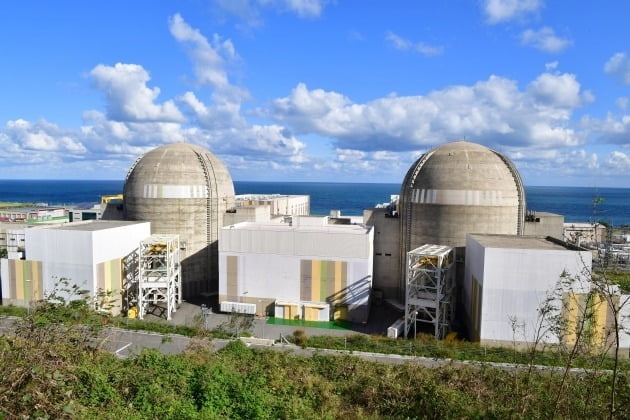Birol Supports the New Government’s Scrapping of Nuclear Phase-Out Policy
The article was originally published by the Korea Economic Daily and was translated and summarized by OKN correspondent.
The International Energy Agency (IEA) officially announced support for the Yoon Suk Yeol government’s policy to scrap the previous administration’s nuclear phase-out policy. This is the first time that the IEA publicly expressed its support for the Yoon administration’s emphasis on strengthening the nuclear sector.
In an exclusive interview with the Korea Economic Daily newspaper on June 8 at the 2022 Annual Global Conference on Energy Efficiency held in Sønderborg in Denmark, Dr. Fatih Birol, Executive Director of the IEA, said that the center of the world’s energy policy was returning to nuclear power. He added that he agreed with the newly-launched South Korean government’s “new perspective” on nuclear power.
Launched in 1976, the IEA is an energy consultative body under the Organization for Economic Cooperation and Development (OECD) and is the world’s highest authority on energy. The IEA held its annual conference in Sønderborg from June 7 to 9. It was attended by a large number of officials and experts in the energy and climate sectors from around the world.
Dr. Birol stressed that in order to properly respond to carbon neutrality and climate change, nuclear power plants should not be excluded as an option. In this situation, he explained that it was not surprising at all for the South Korean government to use nuclear power plants in its “energy mix” policy.
President Yoon said he will scrap the previous administration’s nuclear phase-out policy and renew the licenses of 10 existing nuclear power plants. He promised to resume the construction of previously suspended construction of Shin Hanul units 3 and 4. During his summit with U.S. President Joe Biden, Yoon and Biden said they would focus on developing small modular reactors as economic and national security allies.
He added that European countries are strengthening the nuclear sector again due to concerns over energy security. He said that nuclear power plants will also help the South Korean government strengthen its energy security.
Dr. Birol did not speak directly about the Moon Jae-in administration’s nuclear phase-out policy. However, he emphasized that South Korea should never shut down nuclear power plants and continue to operate and invest in them. His point is that unlike the United States and Europe, South Korea should actively utilize nuclear power plants, as it has limitations in relying on renewable energy such as solar and wind power due to its natural environment.
In addition, he pointed out that South Korea’s Korean Green Taxonomy (K-Taxonomy) which excludes nuclear power plants should also be reorganized. The energy sources included in the K-Taxonomy are recognized as an environmentally-friendly energy sources and can receive funding from the government and the financial sector. Dr. Birol is saying that the decision to exclude nuclear power from the final proposal of K-Taxonomy in December last year under the Moon Jae-in administration in the name of the nuclear phase-out policy should be reconsidered.
The decision was totally opposite of the EU’s, which included nuclear power plants in their Taxonomy program. The EU decision came after requests by France, and Eastern European countries to the EU committee.
In South Korea, European Union member states are believed to strongly push for a nuclear phase-out policy, but energy experts in Europe explained that this is not true. Some member states, including Germany, Belgium, and Austria, are strongly pushing for a nuclear phase-out policy, but member countries in Eastern Europe and France, and others, are rather expanding their nuclear power plants in the wake of COVID-19 and the energy crisis. In the EU, nuclear power plants account for about 25 percent of total power generation. Great Britain, which was the first to push for a nuclear phase-out policy in Europe, plans to build 10 new nuclear power plants by 2050. Eastern European countries still use nuclear power plants built by the former Soviet Union during the Cold War as their main energy source.
Dr. Birol introduced a report published by the IEA in March and stressed that an alternative to reducing energy dependence on Russia was to maximize power generation from nuclear power plants, which are an environmentally-friendly energy source.


